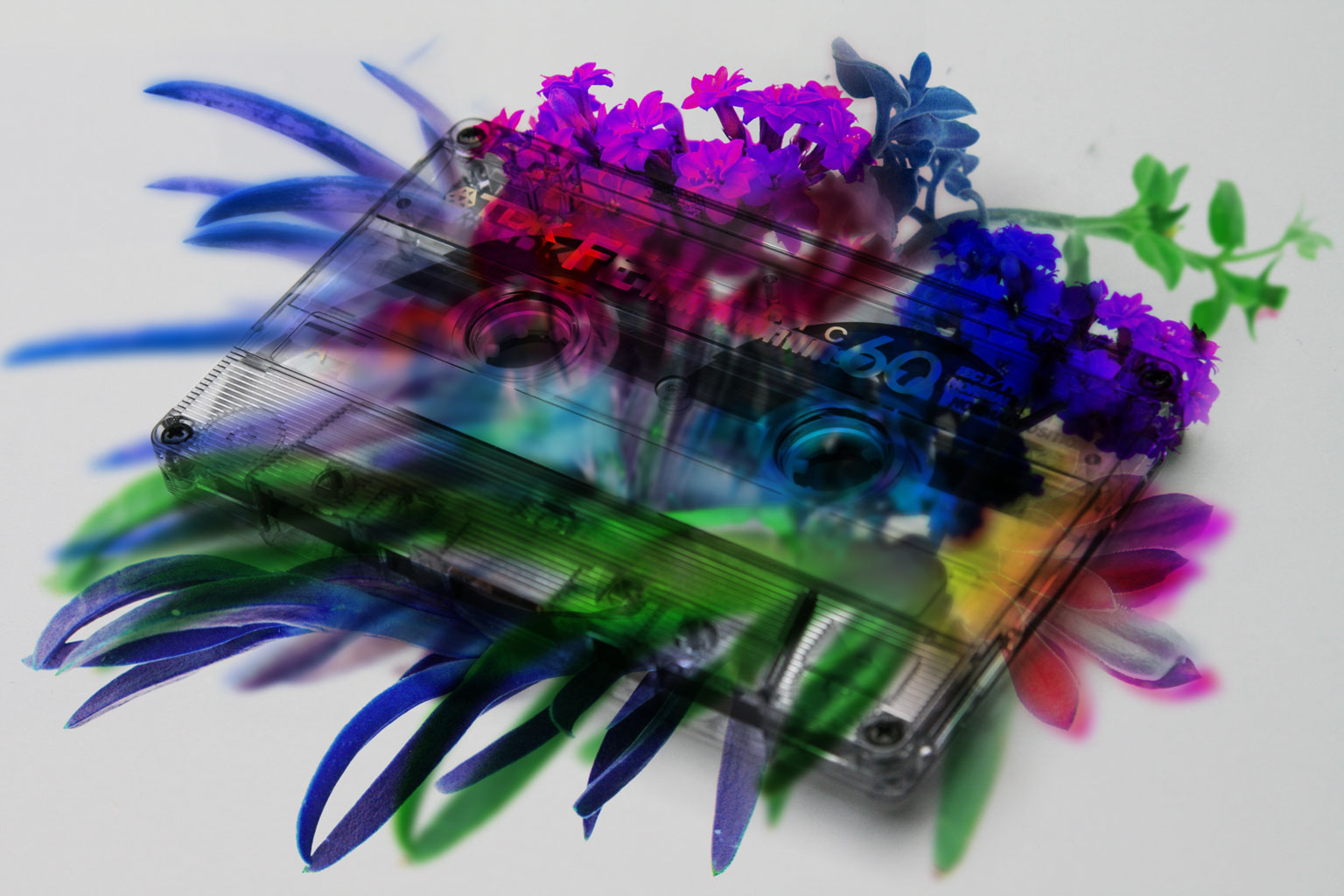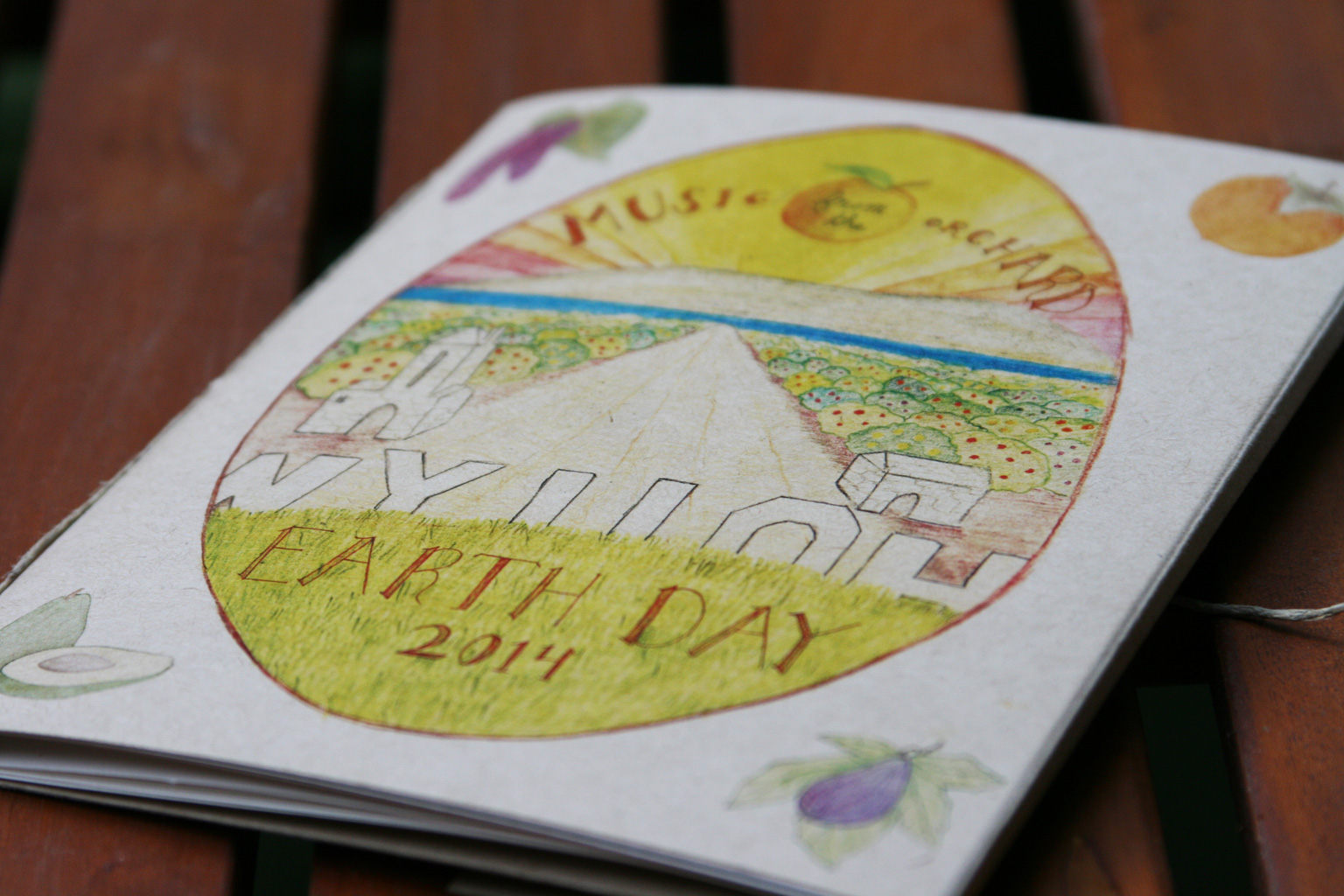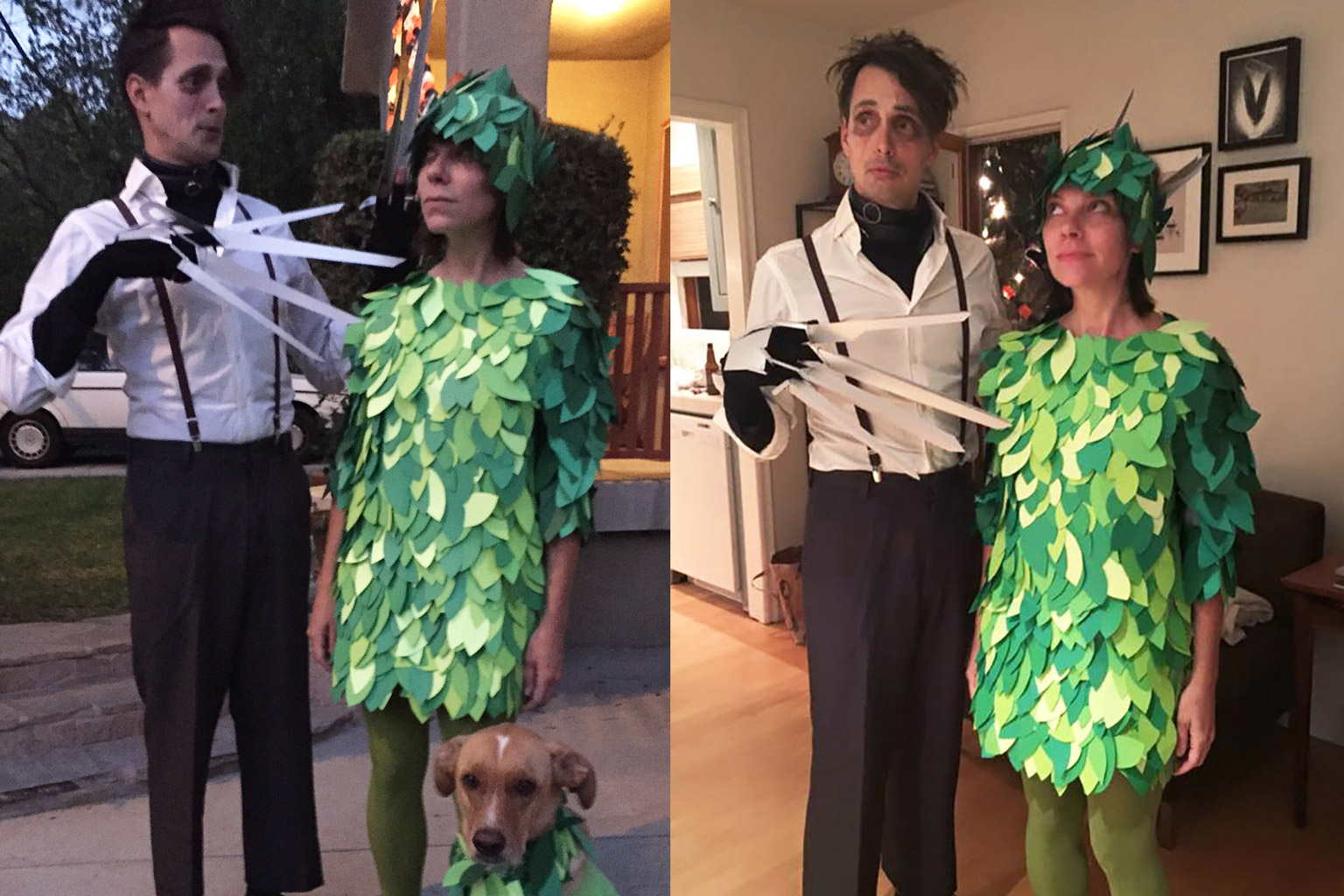It’s hard to say for sure where I first heard the band Lali Puna. It could have been a friend’s recommendation in the 90s or the ever-influential Other Music newsletter (RIP), where I got so many of my musical finds in those days. Regardless though, the German band struck a chord with me on first listen and demonstrated a depth and organic, layered approach that I didn’t know could exist in electronic music. After seven years of inactivity, Lali Puna recently returned to the scene with an album full of new material, Two Windows, that sounds at the same time true-to-form and explorative. I recently got the chance to speak with Lali Puna frontwoman Valerie Trebeljahr about the new album, art, and—as is so on the minds of late—the state of the world. Also, Katy Perry. Read on and give a listen to album excerpts below.
raven + crow: Alright, I’m afraid I have to start with straight-up unadulterated praise and fanboy-dom—basically, your band and Björk are responsible for my longstanding love of electronic music and the realization in the late 90s that it could be much more than vocal-less house music thumpers (not that there’s anything wrong with those). So, first, thank you. Can you take us back, say, 19 years and talk a little bit about Lali Puna forming and what the scene was like then?
Valerie Trebeljahr: Oh, thanks a lot!! Björk was really important for me too. But I guess she was for everyone.
I started to record as Lali Puna after my all-girl-group L.B.Page dissolved. I couldn’t play a real instrument like guitar or whatever. I just had a few years of piano lessons as a child. So I had a Korg Delta, which is a really nice old synthesizer, a drumcomputer (lent to me by my flat-mate) and a four-track. It was this DIY-time, everybody was in a band or had a label. So the first four songs I’d ever written were pressed on vinyl.
Man, now I have to try to find some L.B. Page archives somewhere. So, your last album—Our Inventions—was in 2010, I think; was there a deliberate or formal band break-up of sorts afterwards or did things just move in different directions in life for everyone?
We didn’t really talk about it in the band. But there was a point when I decided that I would stop making music and do what everybody expected me to do: Take care of the family, do a real job.
Well then what brought about the return with this new album some seven years later? Whose idea was that and what made now feel like the right time for it?
We got this invitation to play in Korea. And as I was born there (I am adopted), I always wanted to visit Korea. So we did this project. And I found out that I really missed making music. Markus and me then seperated and I thought I really have to do this, I want to record an album. So I slept less and wrote songs.
Where does the name of the album, Two Windows, come from?
The title Two Windows refers to a childrens’ book from the seventies by Maurice Sendak. It’s about Jennie, a dog, who leaves home. The plant says: You got two windows. I just have one. You have everything. But Jennie leaves home to be what she wants to be. It’s a strange and really great book—not really a childrens book. Some critic wrote it’s about a dog with a midlife crisis. I think it’s about empancipation. Maybe it’s both!
 Oh, I’d never heard of that book. Big fan of Where the Wild Things Are, though…again, like Björk, who isn’t? And who did the art for the album?
Oh, I’d never heard of that book. Big fan of Where the Wild Things Are, though…again, like Björk, who isn’t? And who did the art for the album?
The cover art was done by Catrin Sonnabend. I absolutely love the cover she’s done, because it is so very clear and focused. The photo was taken by my friend Patrick Morarescu. I had done photos with him for Scary World Theory. We tested a lot of things and buggered around, it was really fun doing these photos. He had this slide with the two colours, red and blue, and we used it as a projection. So Catrin and Patrick are resonsible for this cover.
Nice. Just took a look at Catrin’s portfolio via her site—really like her stuff. Patrick’s too.
I was happy to read in Two Windows’ press release something along the lines of ‘Yes, Lali Puna’s sound has changed; how could it not have when the world’s changed so much’ (to paraphrase). I think that gave light to something I believe but have never verbalized properly—that, when these bands reunite or just come back on the scene after so much time and sound exactly the same, I personally find myself strangely disappointed or just not into it, regardless of how much I loved that exact sound, say, ten years ago; My Bloody Valentine, the Pixies, American Football, so many bands for me. Was your music’s evolution intentional and planned or was the resulting sound so many years later more naturally arrived at than that?
Oh, today I read a review saying “Lali Puna sound exactly the same like seven years ago!” And believe me, I tried my best not to. But I also didn’t want to make an experimental noise-album or imitate Katy Perry. I think in the end it’s about credibility. Maybe this album doesn’t sound like it, but for me it’s such a major step in gaining self-confidence. This is the first album where everything is exactly the way I wanted it to be. I am so very happy I could do this album.
That’s really awesome to hear and, honestly, it does sound so different to me—in a great way though. I do have to say, I would love to hear your take on Katy Perry nonetheless.
I know you personally have done a lot of collaborative work in the past, singing on other artists’ tracks, but this is the first time I’ve seen numerous artists featured as collaborations on a proper Lali Puna album. Was that just something that made this new project seem more fun or do-able at this stage?
I am not good in working alone. In the beginning you think: Wow, I can do whatever I want. But after a time I need someone to talk about the song, I need other input. Maybe I am too limited, I don’t know. So I thought it would be great to do a collaboration album. I started to ask friends or people I liked to send me stuff. And I was always on top of the world when I got something. But, a collaboration album takes YEARS. So I wrote the rest of the songs alone. And then Taison (Christian Heiß) and me sat a long, long time in the studio and worked everything out and Caspar (Christoph Brandner) played some drums. So Lali Puna is still a band although I often just talk of myself—that’s a bit embarrasing.
Funny. Yeah, I’d personally never had much of a read on Lali Puna as a band vs more of a solo project. Sounds like it’s a bit of both.
So, lyrically, I feel like there’s exploration of the world in more cultural or societal or even political terms than I’m used to from you all—first, would you say that’s accurate and, if so, is that a product of these times and what’s going in the world?
I don’t know. It’s very personal at the same time, it’s just that I tried to combine that with a sort of a political sense. Or the other way round. I think one of the topics that is really important to me is that nothing is really private anymore. You think it’s your Facebook account. But of course it isn’t. It’s owned by Facebook. You get the right advertisement. Etc etc. Most of the people don’t care, big data whatever. But after Twitter-Trump we see: We better watch out.
 Yeah, no kidding. I know I’m not alone in looking to our artists for insight into larger ideas or trends in the world—do you have any sage words to help put things in perspective? There seems to be so much violence and hate in the world and it seems so much more “allowed” than it used to be, in my lifetime, at least. Do you think art and artists have a responsibility to address these kind of issues?
Yeah, no kidding. I know I’m not alone in looking to our artists for insight into larger ideas or trends in the world—do you have any sage words to help put things in perspective? There seems to be so much violence and hate in the world and it seems so much more “allowed” than it used to be, in my lifetime, at least. Do you think art and artists have a responsibility to address these kind of issues?
I regulary work as a journalist for a small cultural and political radiomagazine. And I often walked home and felt so bad, like I nearly fainted. But what I came to understand after two years of being sort of “down and out” is that we have no other choice than to start to believe that things will get better. I was such a pessimist my whole life—it’s so easy. It’s so easy to say to all the activists, you are naive. But you probably need a bit naivity to make things better.
I don’t know if artists have a political responsibility. I like a lot of “unpolitical” music. But when I read an interview I always want to sort of learn something. How she or he did stuff, handled problems, sees the world. So artists have at least the responsibiliy to not talk shit, haha.
Fair enough! How are things in Germany these days? We get alternating impressions of a liberal paradise under Merkel and a nation that’s not so foreign to us in terms of societal tensions on the rise.
Politics can be really strange: Almost nobody—except the Greeks—will remember that everybody hated Merkel, at leat in the European Union. That was before Trump, before Brexit, before the refugee crisis, before the series of terrorist attacks in Europe. Now she seems like a solid rock, but what we shouldn’t forget is that the social gap is rising—and Merkel does not care.
Thats sounds all too familiar, sadly. Back to the music though—are there any new or lesser known bands in Germany or elsewhere that you’re liking a lot of late?
Well, the bad thing about doing a record is that you listen to your own stuff a lot. So that didn’t give me much time to search for new music. A few months ago I saw a DJ-set from Helena Hauff and that was fascinating. I also like what she does on recordings. She comes from Hamburg, which is where the other artist I also liked very much in the last months comes from: Sophia Kennedy. But they are both well known, so that doesn’t answer your question properly!
Shows what I know—I hadn’t heard of either! Finally, though, I know you’re touring to support the album in Europe; any plans to come to the States?
We would love to…But it’s really difficult for european bands to tour in the US, because Visa and flights are extremly expensive. We would have to become enormously famous, right now I can’t see that!
Damn Visas! We’ll just have to work on the enormous fame then!
You can listen to excerpts from Lali Puna’s new album, Two Windows, above; you can download the album or order it via the band’s BandCamp page and by way of your favorite physical or digital record store.
Feature photo by Patrick Morarescu; band photo below by Bernd Bergmann.




